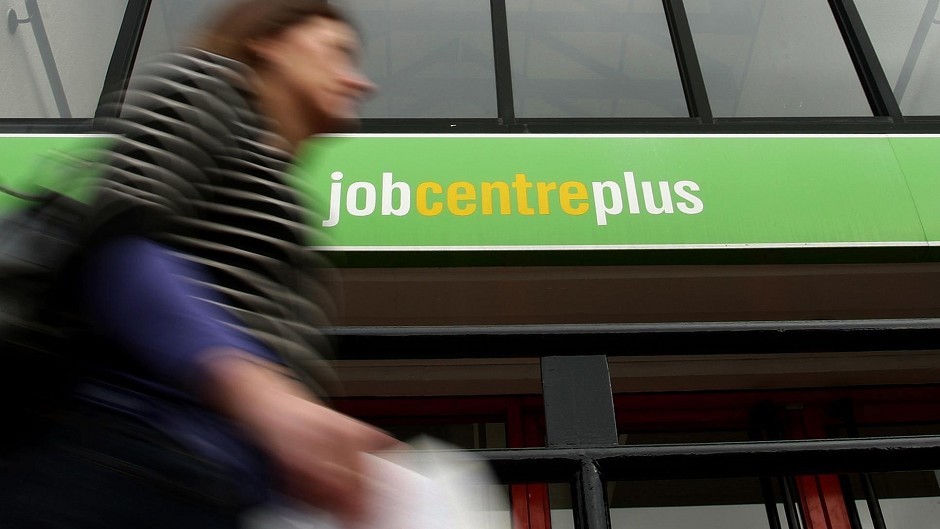Aberdeen’s labour market tightened further as the Granite City faced the steepest increases in both permanent staff placements and temp billings for the second month in a row, a new report has found.
September’s Bank of Scotland Report on Jobs showed further robust increases in both permanent appointments and temp billings across Scotland, albeit the rates of growth eased further from recent highs.
There was also a strong upward pressure on staff pay, particularly permanent starting salaries, as rising demand for employees contrasted with a further deterioration in candidate availability, the bank found.
Edinburgh recorded the slowest rates of growth on both the number of permanent jobs placed and temporary staff. Recruitment consultancies in Glasgow registered the most marked deterioration in permanent candidate availability, while the sharpest decrease in temp candidate supply was seen in Dundee. Permanent salary inflation was fastest in Glasgow, while the sharpest increase in temp hourly pay rates was recorded in Dundee, the bank said.
Donald MacRae, Chief Economist at Bank of Scotland, commented: “September’s barometer showed a continuing rise in the number of people appointed to both permanent and temporary jobs, although at a lower rate than recent highs.
“Starting salary pay rose strongly reflecting the growing lack of available candidates for vacant positions.
“The barometer is showing almost four years of monthly improvement resulting in the rate of unemployment in September of 5.5%. The Scottish economic recovery continues.”
Finance Secretary John Swinney said: “We welcome this further evidence of a strengthening labour market in Scotland, showing stronger growth than the UK as a whole. The BoS report shows an improving employment picture for the 47th consecutive month with the demand for permanent staff appointments increasing in Scotland.
“The Office for National Statistics figures published last week show that the unemployment rate in Scotland is at the lowest level since late 2008 and Scotland has a higher employment rate, lower unemployment rate and lower inactivity rate than the UK. On the same day we also saw that the Scottish economy continues to go from strength to strength, with the fastest annual growth in GDP since late 2007.
“The latest budget for Scotland outlines key measures that will secure continued growth and further improvements in employment, for example through our £4.5billion of infrastructure investment in 2015-16 and support for businesses by continuing to deliver the most competitive business tax environment in the UK.”
